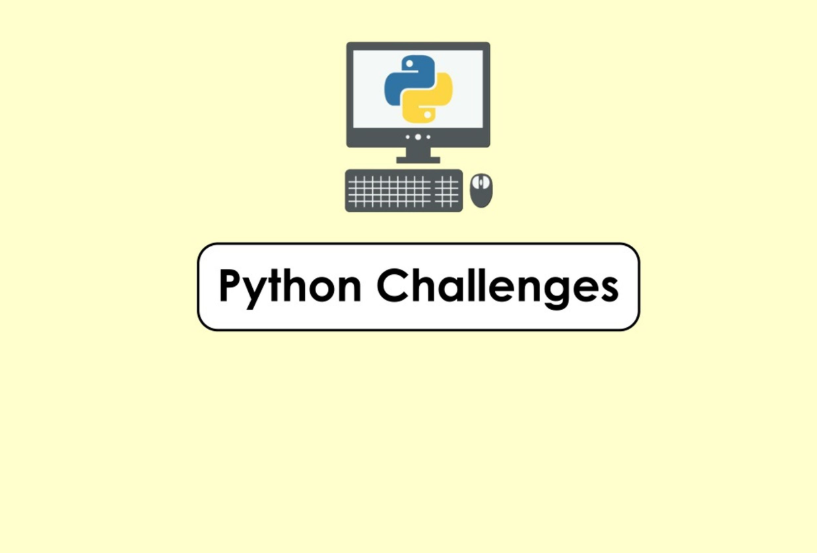Switching careers into tech feels exciting but also overwhelming when you pick Python as your starting point. You already carry years of experience in another field, yet writing your first Python script can make you feel like a beginner again. The syntax looks simple, but solving real problems often feels more challenging than expected.
You might be stuck debugging an error that seems too small to matter or wonder if you are learning the right way. This transition is more challenging because you already have high expectations for yourself and want results quickly. Instead of getting lost in endless tutorials, you need challenges that push you forward, build confidence, and sharpen your skills daily.
That is where Codewars becomes a serious asset. They design Python challenges that are practical, structured, and connected to how developers actually think, making your learning path more focused and rewarding.
Why Python Appeals to Career Switchers
Python draws professionals from finance, healthcare, marketing, and other industries because it reads almost like plain English. It powers automation, data analysis, web apps, and even machine learning. Unlike Java coding practice, where beginners often struggle with strict rules, Python gives you flexibility and quick results.
You can write fewer lines and still solve meaningful problems, which helps you feel productive faster. Yet the ease of syntax can trick you into thinking mastery is simple. The truth is, advancing in Python requires solving harder problems consistently, not only reading concepts.
Key Roadblocks Faced in Python
When you start learning, you face some common struggles. First, logic gaps, Python hides many complexities, but you still need strong logical flow. Second, debugging, errors can look cryptic, especially when you don’t know how to trace them.
Third, discipline, you can get stuck on easy tutorials without ever applying skills in real-world tasks. And finally, comparison, looking at experienced developers can make you doubt yourself. Without structured practice, it feels like running in circles.
Practical Ways to Break These Barriers
To move forward, you must change how you practice. Small but consistent steps matter more than rushing through advanced libraries.
- Take structured challenges that test both fundamentals and advanced thinking.
- Solve problems multiple times to explore cleaner and faster approaches.
- Compare your work with peer solutions to see new styles of problem-solving.
- Mix your practice with Java coding practice to sharpen your logical skills and keep your brain active across languages.
This approach makes every session more productive and builds steady confidence in your growth.
Their Core Learning Products
They simplify learning with three powerful elements that help you progress in Python or even in your Java coding practice.
Sharpening Skills with Kata
They create coding kata, small exercises that feel like puzzles, designed to test different programming skills and stretch your problem-solving mindset.
Ranking System for Growth
They provide a ranking system where every solved challenge levels up your profile, pushing you to attempt harder problems and track real progress.
Community Collaboration
They nurture a global community where you can discuss solutions, compare techniques, and learn new strategies from peers in real time.
Final Thoughts
Switching into tech through Python is not about reading hundreds of tutorials, it is about consistent practice with real challenges. When you commit to solving problems daily, your coding style matures, your logic sharpens, and your confidence grows.
Combine Python challenges with Java coding practice to stay versatile, and you will soon notice how quickly your skills move from beginner level to professional strength. The journey may feel difficult initially, but structured challenges keep you motivated and always moving forward.





Comments